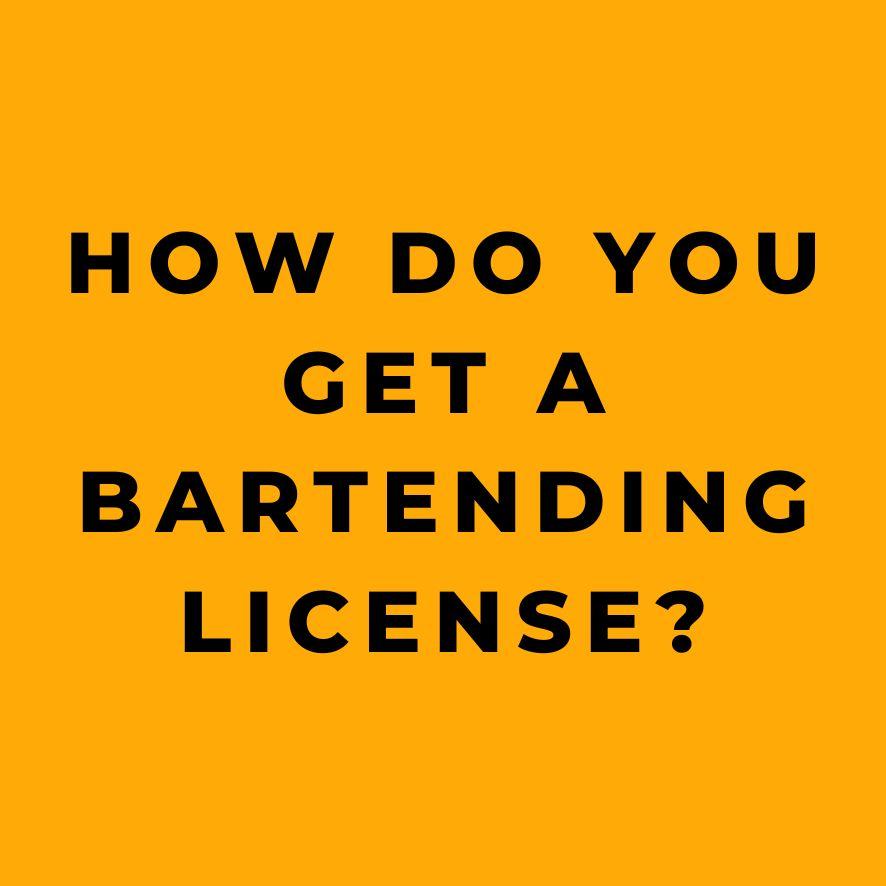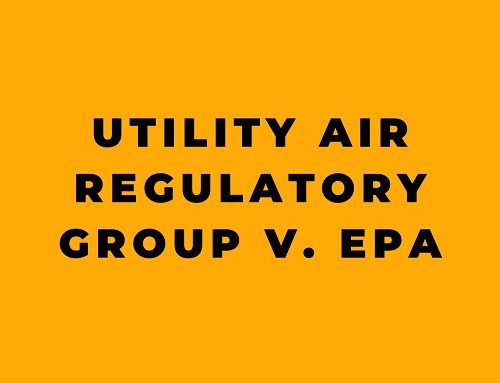If you’re passionate about mixology and love the idea of serving up delicious cocktails to patrons, then becoming a licensed bartender is a crucial step in your career. In the United States, bartending licenses are required in many states to legally serve alcohol. Whether you’re looking to work in a bustling bar, a trendy nightclub, or an upscale restaurant, obtaining a bartending license is an essential credential to have. In this comprehensive guide, we’ll explore everything you need to know about getting a bartending license, including the key steps and requirements involved.
Understanding the Laws of Your State
Before diving into the process of obtaining a bartending license, it’s essential to familiarize yourself with the laws and regulations in your state. While the majority of states have similar legal requirements for obtaining a bartending license, there are variations in the specific regulations and renewal processes. For example, the state of Utah requires bartenders to retake the state-approved licensing exam every twenty-four months, while in Oregon, the license needs to be renewed every five years.
Additionally, each state has its own minimum legal serving age, course requirements, and laws related to the handling of alcohol. It’s crucial to understand these laws as they provide you with a competitive advantage in the industry and ensure compliance with local regulations. Newcomers to the bartending profession must undergo certification before starting their careers, especially if they are aiming for long-term success in the industry.
States Requiring Bartending Licenses
Currently, almost half of all US states require individuals to hold a state-issued bartending license to legally serve alcohol. Some examples of states where a bartending license is mandatory include Washington, Oregon, Arizona, Alaska, New Mexico, and Nevada. Each of these states has specific requirements for obtaining a bartending license, and prospective bartenders must adhere to the regulations set forth by their respective state authorities.
For instance, in Washington, bartenders are required to obtain a Mandatory Alcohol Server Training (MAST) Permit, while in Oregon, the Oregon Liquor Control Commission (OLCC) Permit is necessary. Similarly, in Arizona, the Arizona Alcohol Seller and Server Certification is required, and in Alaska, bartenders need to obtain the Alaska Alcohol Seller Certification. These are just a few examples that illustrate the diverse requirements across different states.
Getting a Bartending License Online
While obtaining a bartending license is mandatory in most states, the process of obtaining it can vary. Some states allow individuals to complete the necessary training and certification online. Online certification courses provide the flexibility of completing the training from the comfort of your own home while ensuring that you are well-versed in the laws and best practices of bartending.
The certification courses offered online cover a range of topics, including alcohol and its effects on the body, identifying intoxicated customers, preventing disturbances, laws and penalties regarding minors, and state-specific liquor laws. Upon successful completion of the course, candidates are required to pass a final exam to obtain their bartending license.
California Bartending License Requirements
In California, the requirements for obtaining a bartending license have recently changed. As of July 1, 2022, the California Department of Alcohol Beverage Control (ABC) requires all bartenders to earn their license before serving alcohol. The Responsible Beverage Service (RBS) training from an ABC-accredited provider is now mandatory for bartenders, managers, and servers within 60 days of their date of hire. The training covers state laws and regulations, the societal impact of alcohol, and intervention skills training.
The Cost of a Bartending License
The cost of obtaining a bartending license can vary depending on the state and the specific requirements. Some states may have lower licensing fees, while others may require additional training or certification, which could impact the overall cost. It’s important to research the specific requirements and costs associated with obtaining a bartending license in your state to ensure that you are fully prepared for the process.
In conclusion, obtaining a bartending license is a crucial step for anyone looking to pursue a career in mixology and bartending. Understanding the laws of your state, completing the necessary training and certification, and adhering to the specific requirements are all essential aspects of obtaining a bartending license. By following the guidelines and requirements set forth by your state, you can embark on a rewarding career as a licensed bartender, ready to serve up delicious drinks with the knowledge and expertise required in the industry.










